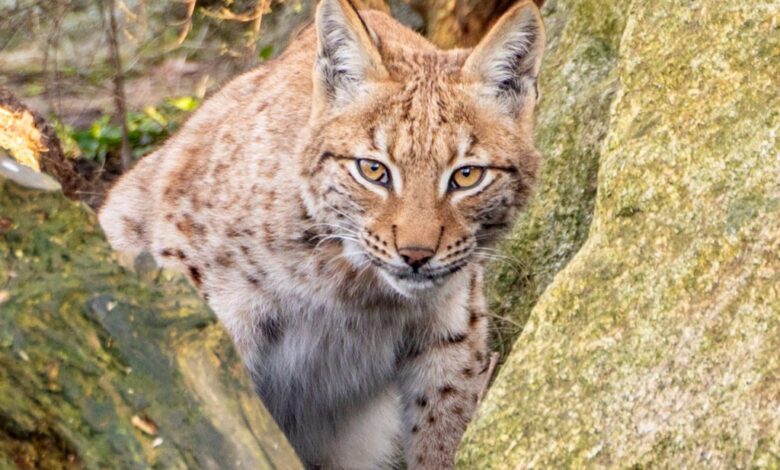This lynx could become the first UK zoo-born cat to be successfully released into the wild

A lynx in England could become the first UK zoo-born cat to be successfully released into the wild.
The 9-month-old Eurasian lynx, who was born in the Newquay Zoo in Cornwall, has been moved to southwestern Germany’s Black Forest, which is an unusual move for animals born and raised in zoos.
However, the request for its transfer was made due to a shortage of female lynxes in the European breeding program.
Dina Gebhardt, the lynx-breeding coordinator for the European Endangered Species Program, was the one behind the demand.
“Basically I’m Tinder for the zoo-born lynx,” she told the BBC.
“Our nature is very fragmented, due to railways and streets and cities. And this means we created a lot of barriers for the lynx, which leads to inbreeding.”
The animal will spend several months in an enclosure being monitored to see if it can withstand the new conditions.
John Meek, curator of plants and animals at the Newquay Zoo, was there to oversee the transition.
“I’m a big boy but I had a few tears in my eyes,” Meek told the outlet.
“Nowadays, zoos are not here to keep animals in cages. They’re there for conservation. And this is it, conservation in action.”
Eurasian lynx, which can weigh up to over 65 pounds, were native to the UK, but were wiped out in the wild around 1,300 years ago because of hunting and habitat loss.




